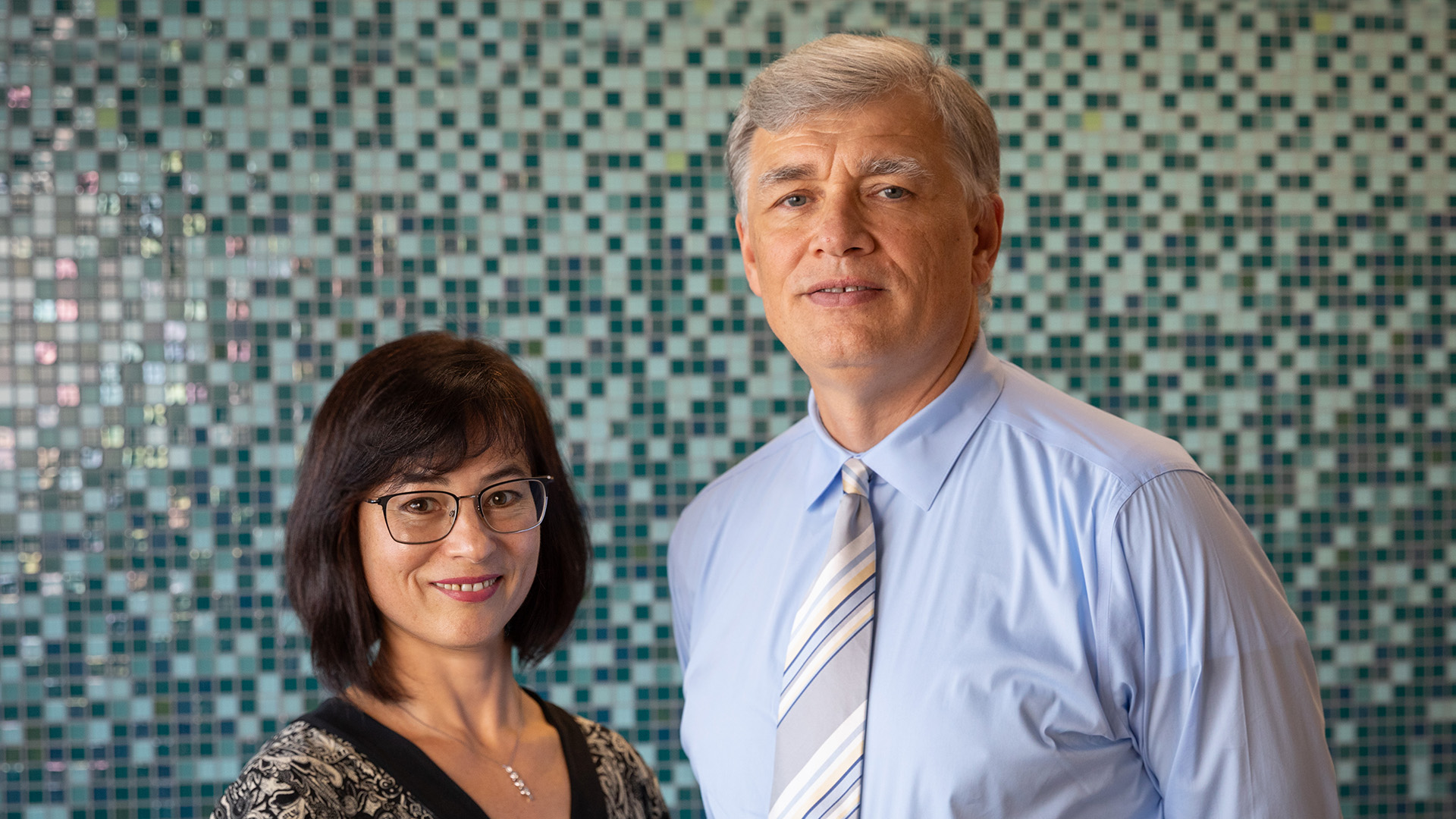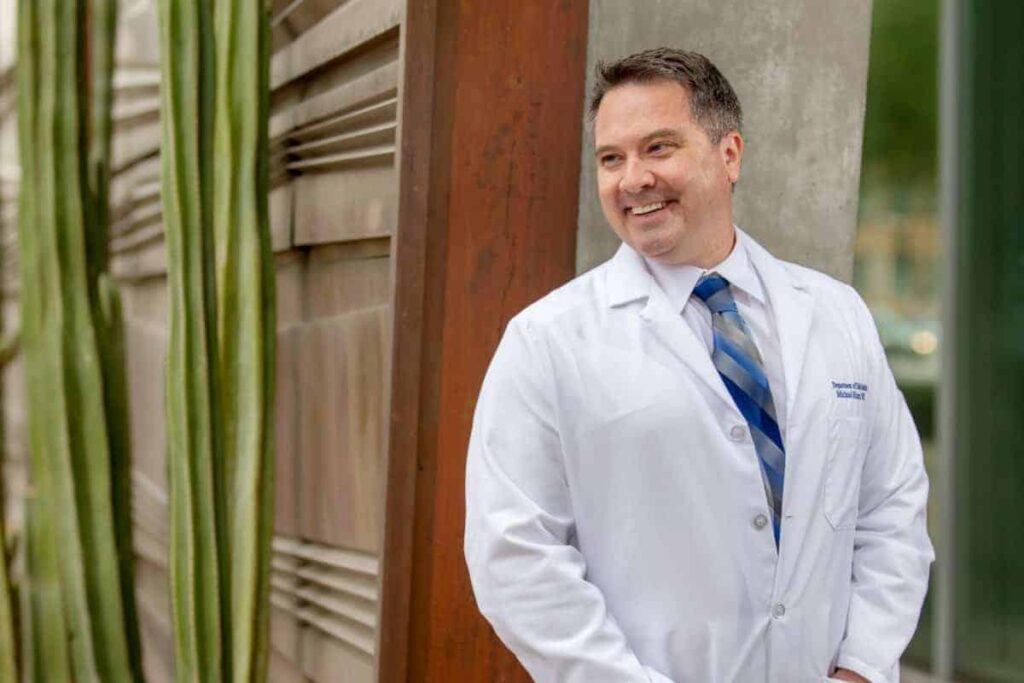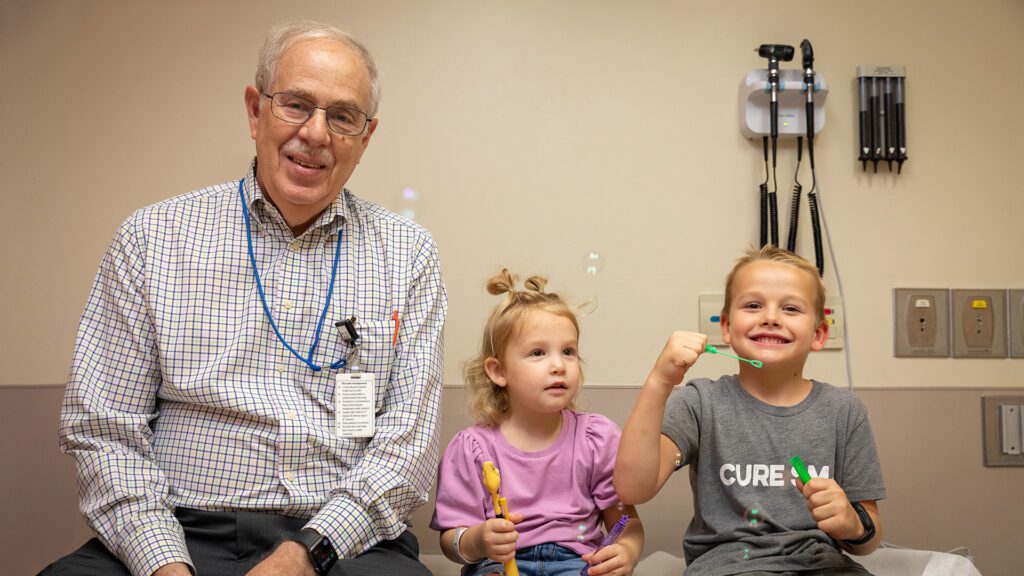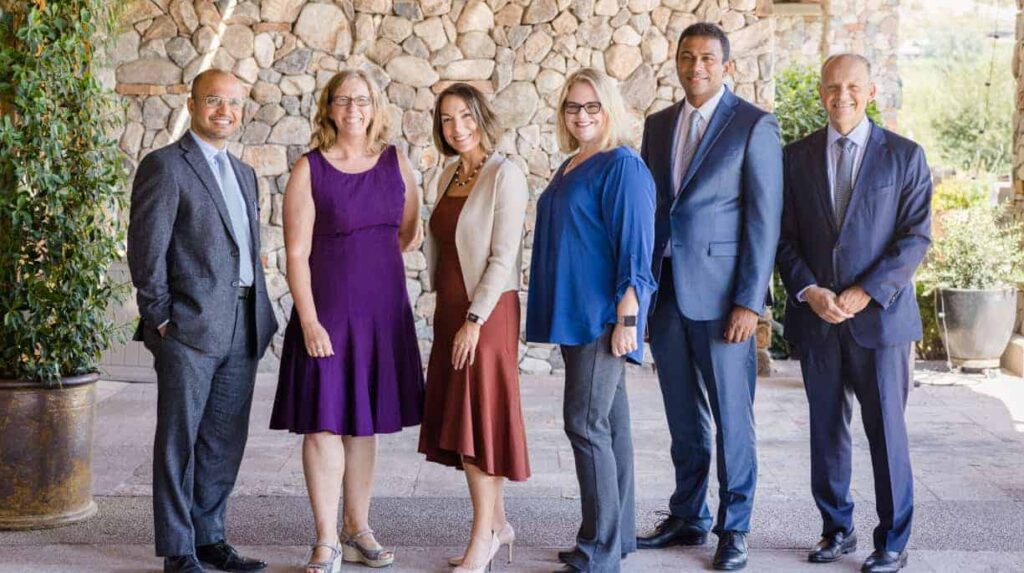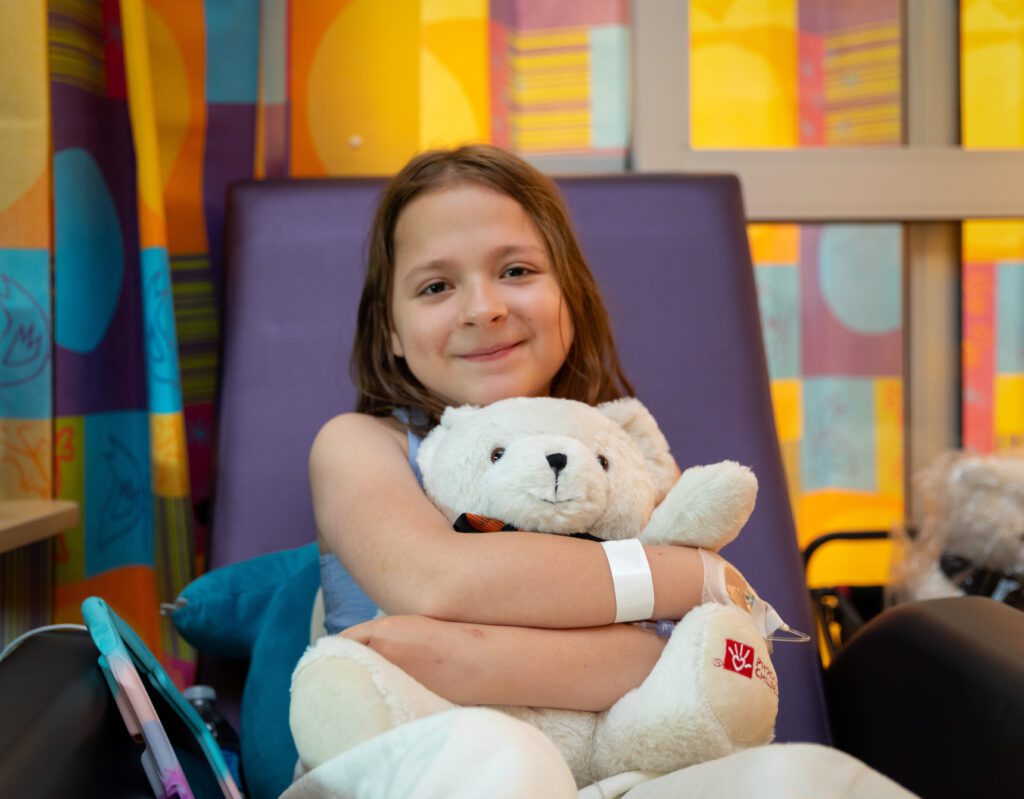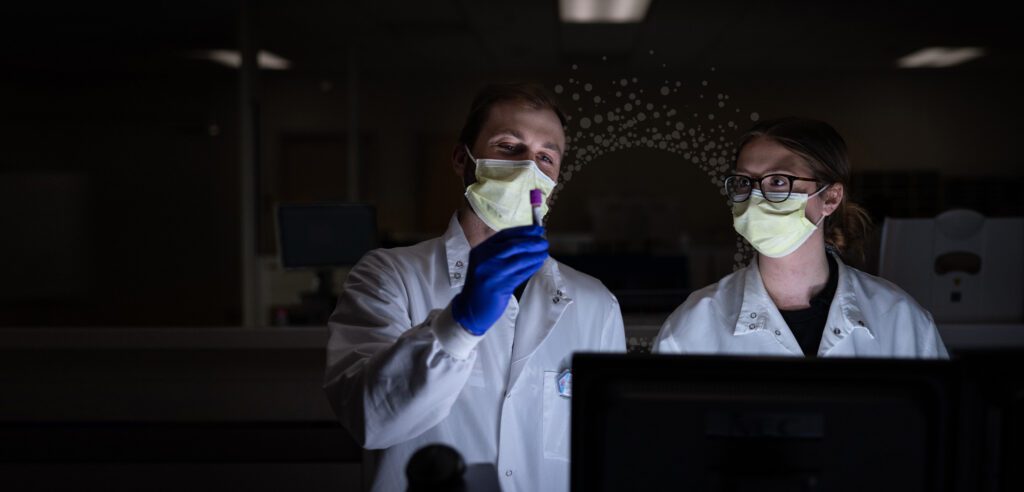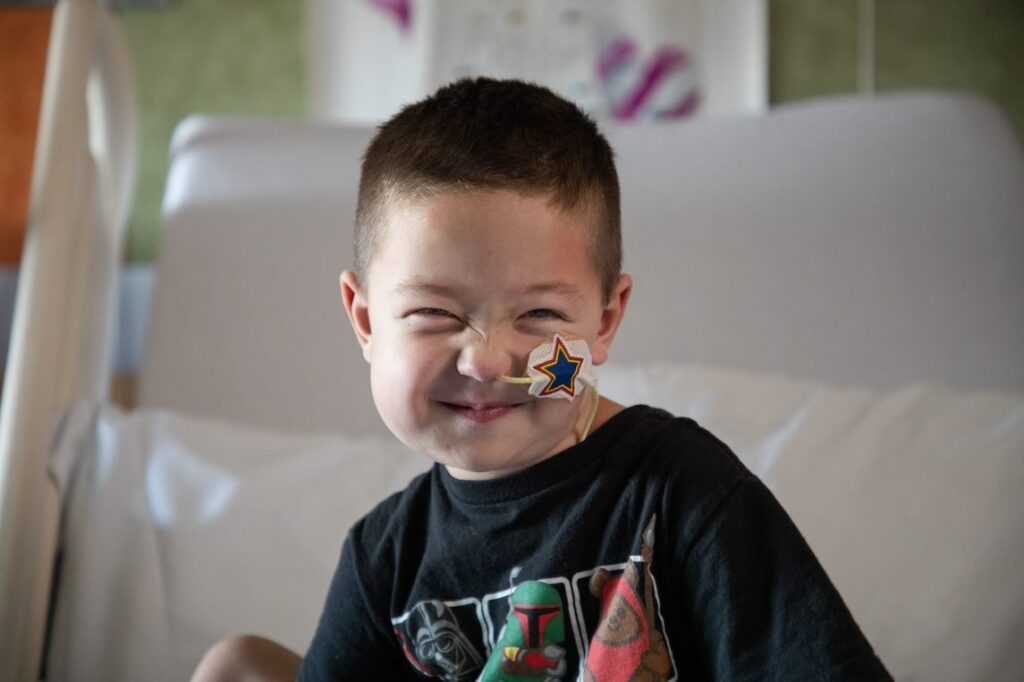Innovative research is at the heart of Phoenix Children’s vision. In pursuit of that mission, Phoenix Children’s is always seeking inquisitive, committed physicians and researchers looking to make an impact on pediatric health care. What’s less common is finding two at once.
Vladimir Kalinichenko, MD, PhD, and Tanya Kalin, MD, PhD, have more than 30 combined years of experience in pediatric translational science—the practice of translating medical findings into procedures, diagnostic tools and medicines. They also happen to be married.
Dr. Kalinichenko was appointed director of Phoenix Children’s Research Institute at the University of Arizona College of Medicine – Phoenix in March. Dr. Kalin joined the Center for Cancer and Blood Disorders as vice chair of translational research in September.
“Phoenix Children’s is one of the fastest-growing children’s hospitals in the country,” Dr. Kalinichenko says of his decision to move his lab from Cincinnati Children’s Hospital to Arizona. “The most important things for me were the communication with the leadership and their buying into the long-term vision to develop pediatric translational science.”
Different research, same goal
Over the years the pair has published a few studies together, but primarily they work separately studying new treatments for pediatric illnesses. Dr. Kalinichenko’s lab studies new drugs to treat neonatal lung diseases, in particular, bronchopulmonary dysplasia and alveola capillary dysplasia.
“There are a lot of congenital lung diseases associated with lung defects, as well as diseases when kids are born premature,” Dr. Kalinichenko says. “Treating neonatal lung conditions is very important in terms of increasing quality of life and prolonging life span.”
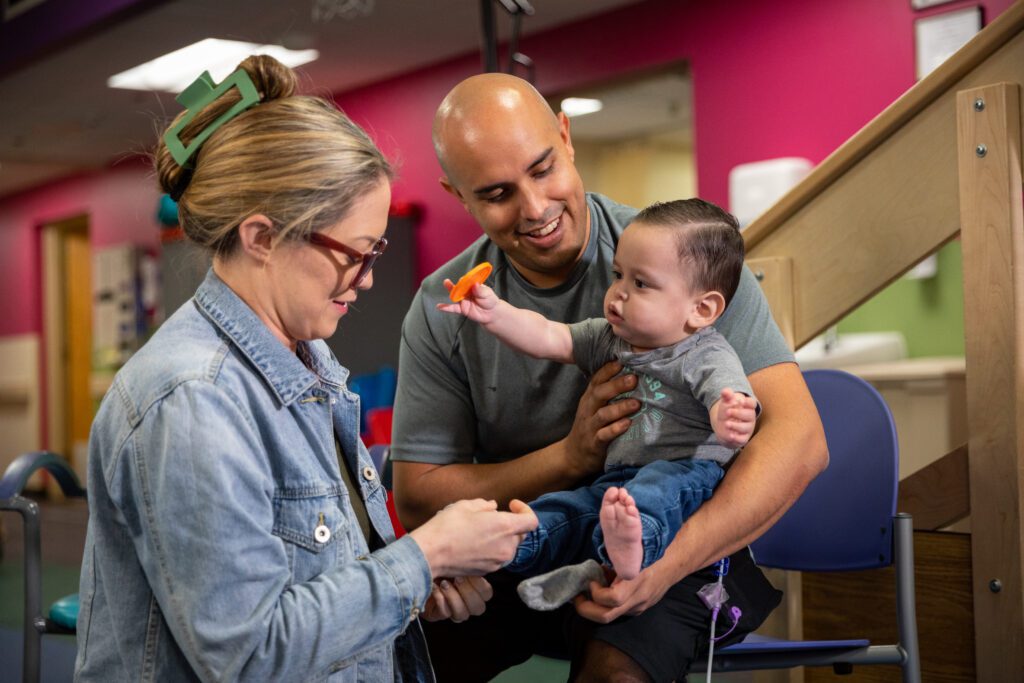
Dr. Kalinichenko’s research focuses on new drugs to treat neonatal lung diseases that affect patients like Luca, who was born premature and has bronchopulmonary dysplasia.
Dr. Kalin’s research focus is on pediatric cancers, lung injuries and inflammation. Like her husband, Dr. Kalin brings a long-standing lab and body of research to Phoenix Children’s from Cincinnati Children’s Hospital. Two of her lab members joined her here to continue work on their library of patient-derived xenografts—tissues or cells from patients’ tumors that have been implanted into lab rats. “It started from my lab and grew into something bigger that everyone can use for their research,” Dr. Kalin explains. “We try to save the rarest cancers from our pediatric patients and then use it for different research projects to develop new approaches for treatment.”
Studying rare patient-derived xenografts allows Dr. Kalin’s research team to monitor how uncommon tumors respond to potential treatments, opening the door to new therapies in the long run.
- “What I like about Phoenix Children's is that everything is new—and everything is growing. You can feel the energy.”Dr. Tanya KalinVice Chair of Translational Research at the Center for Cancer and Blood Disorders
Looking to the future
After 16 years in Cincinnati, Dr. Kalin sees new opportunities with Phoenix Children’s and the University of Arizona. “What I like about Phoenix Children’s is that everything is new—and everything is growing,” she says. “You can feel the energy.”
That energy will fuel Dr. Kalin’s research and Dr. Kalinichenko’s vision for the future. His long-term goal for Phoenix Children’s Research Institute is to develop new research areas across pediatrics. “The investigators will work in a very close partnership with clinicians and doctors at Phoenix Children’s to develop new therapeutic approaches for various diseases and then move those to clinical trials within the institution,” he says.
If you would like to learn more about the Research Institute and how to make an impact on children's health, please contact Kelley Morris, vice president of individual giving at Phoenix Children's Foundation, at 602-933-2954 or kmorris2@phoenixchildrens.com.
Read the full issue of Moments here.

